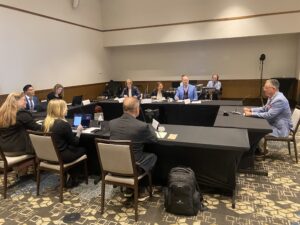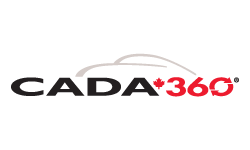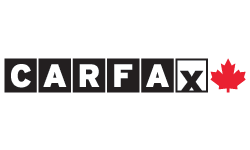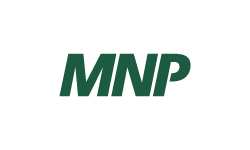By Blair Qualey
This week, on behalf of New Car Dealers in BC, I had the honour of making a 2026 pre-budget presentation to the Select Standing Committee on Finance and Government Services. In doing so, I recommended the provincial government use several levers at its disposal to support consumers, the new vehicle sector and a more resilient economy.
At present, there is a great deal of economic uncertainty, much of it driven by the actions of the United States – and our sector is encouraging the provincial government to mitigate the impact by acting on the following key recommendations:
1. BC’s so-call Luxury Vehicle Tax threshold hasn’t been adjusted for many years and doesn’t reflect today’s reality. The tax kicks in at $55,000 when the average cost of a new vehicle now exceeds $66,000, largely because of the latest innovation and technology that makes today’s vehicles safer than ever before. Many cars, SUVs, vans and pickups that families and individuals require in their day-to-day lives to shuttle kids to soccer or hockey practice, are subject to the tax.
The NCDA recommends government eliminate what in effect has become a vehicle purchase tax. If government is intent on maintaining a luxury tax for vehicles, it should apply to high-end purchases as initially intended, without penalizing working families.
2. ZEV Mandate. Without market support for the sale of zero emission vehicles, the ability for government to reach its mandatory ZEV sales targets (90% by 2030 and 100% by 2025) is simply not possible. The standards are very stringent and largely unaligned with consumer demand. Without intervention, automakers face a $20,000 penalty for vehicle falling under the quota and those costs will undoubtedly be passed onto the consumer. In fact, manufacturers are already limiting vehicle allocations into BC, to be able to meet these arbitrary quotas.
At this time, with tariffs and affordability challenges faced by BC consumers, the NCDA recommends the provincial government put the brakes on the Zero Emission Vehicle Mandate policy and its enforcement provisions.
3. Skilled trades training. BC’s auto sector faces a shortfall of 20,000 workers over the next decade, particularly technicians trained in EV systems and diagnostics. At present, there are too few seats in automotive trade programs and limited EV-specific training opportunities to meet growing demand. Access gaps are even more pronounced in rural and northern communities.
The NCDA recommends increasing funding for auto trades and EV-focused training, partnering with post-secondary institutions to grow training capacity, and supporting industry led pathways like NCDA’s CarCareerBC grants.
My presentation underlined how proud our sector is to have administered the CleanBC Go Electric Vehicle Rebate Program on behalf of the province since 2011. The
partnership has delivered nation-leading results, with more than 109,000 rebate applications processed during that period, including a record 25,000 in 2024. The program is currently on ‘pause’ but the NCDA looks forward to continuing its partnership with government through rebates, incentives or whatever form it may involve moving forward.
New car and truck dealers across BC are dedicated and passionate about our industry, the communities in which they serve, and our province. They want to be part of the solution and contribute to the collective effort that will ensure British Columbians not only weather the present economic storm – but excel in spite of it.
 Blair Qualey is President and CEO of the New Car Dealers Association of BC. You can email him at [email protected].
Blair Qualey is President and CEO of the New Car Dealers Association of BC. You can email him at [email protected].
See the Press Release here: New Car Dealers Make Pre-Budget Recommendations to Mitigate the Impact of US Tariffs and Economic Uncertainty – New Car Dealers Association of BC










